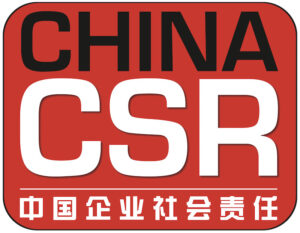Seven Chinese government departments held a teleconference in Beijing on January 5, 2009 and announced that they would start a nationwide campaign to fight websites that spread pornography and vulgarity on the Chinese Internet.
This meeting, which was jointly held by China's State Council Information Office, the Ministry of Industry and Information Technology, the Ministry of Public Security, the Ministry of Culture, the State Administration for Industry and Commerce, the State Administration of Radio Film and Television and the General Administration of Press and Publication, marks the formal start of a one-month special action against vulgar websites.
Cai Mingzhao, vice director general for the State Council Information Office, said during the meeting that vulgarity had been widespread on the Internet, which seriously harms the physical and mental health of Chinese youth and directly harms the interests and rights of Chinese people. The vulgar information on the Internet goes against China's social morals, laws and regulations.
The major tasks of this action include cleaning up the vulgar information on the Internet from the sources; enhancing self-discipline and law enforcement; enhancing the corporate social responsibilities of Internet information service providers; and promoting the civilization of the Internet to clean the Internet environment and to change the vulgar atmosphere on the Internet.
During the meeting, the first batch of 19 websites which have pornographic and vulgar contents and fail to take effective remedial measures, were exposed. These websites are Google, Baidu, Sina.com, Sohu.com, QQ.com, NetEase.com, Chinaren.com, Zhongsou.com, Mop.com, OpenV.com, Vodone.com, Tianya.cn, Uuu9.com, Yesky.com, Hefei.cc, Tiexue.net, 131.com, SoGua.com, and Kuaiche.com.

